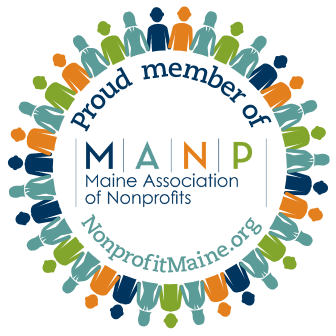Communication – at least effective communication – incorporates all the processes by which we influence each other, whether for the negative or the positive. Of course, making sure that
communication creates positive results/influence can often be complex.
Communication comes in several forms
Verbal – the spoken word. Effective verbal communication requires an adept understanding of the power of words and a solid knowledge of when to use which word choices. It also involves a clear comprehension of appropriate voice tones, such as calm and soothing, or firm and assertive; and when to be humorous, sarcastic, or totally serious.
Nonverbal Communication – what you don’t “say” but share through facial expression, body language, etc. is often even more powerful than your words. In fact, research shows that 55% of in-person communication comes from non-verbal cues. Enhance the power of your words with your body language – ensure that the message you are sending verbally and non-verbally are in agreement.
Listening – Learning to be a good listening is essential to effective communication. Listening means paying attention not only to the story, but also the method of telling, the use of language and voice, and how the other person uses his or her body. Listen with focused attention, pay attention to body language, and don’t interrupt.
Communication Requires Effort
Whether you are head of a small team or committee, an entire department, or the president of a company, establishing an effective communication system takes consistent effort and purposeful planning.
Don’t just assume people will “hear it through the grapevine” or “figure it out eventually.”
Do create a consistent communication policy.
• No one likes to be inundated with meetings, but scheduling timely face-to-face sessions among the team means everybody gets the same message at the same time. Have an agenda, be concise, be brief, and ask for feedback to ensure that everyone heard the same message.
• Send joint emails with specific essential details, to ensure there is no confusion on specs, dates and times, weights and measures, policies and procedures – you get the picture.
Communication comes with practice
A person rarely excels at communicating effectively in every mode.
• Be honest with yourself. Where do you shine? Where can you improve? Capitalize on your strengths, but don’t neglect your weak areas.
• Recognize that others have their strengths and weaknesses in communicating too. Be willing to dig deeper, to ensure that you understand their message accurately.
• Slow down – taking the time to communicate effectively pays off.
Take the time to understand and master the art of communication. Not only will understanding and practicing the various components of effective communication enhance your career, but it also will positively impact all your relationships.
At Springborn Staffing, we take the time to communicate with clients and candidates. We want to hear your message. We listen to your needs, and then connect you with the best fit for both candidate and client. Contact us today for all of your hiring and employment needs in Bangor and Portland, Maine.




